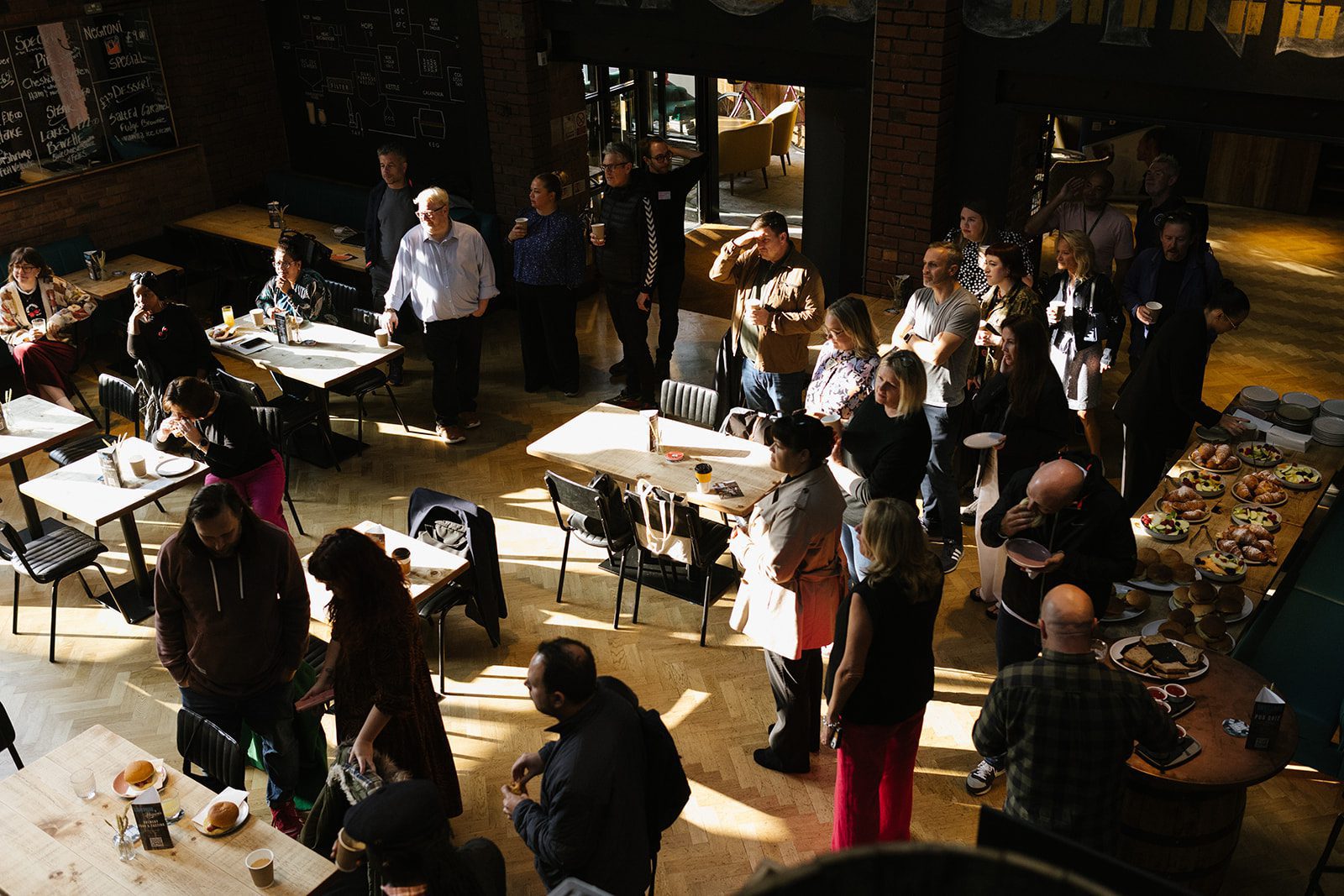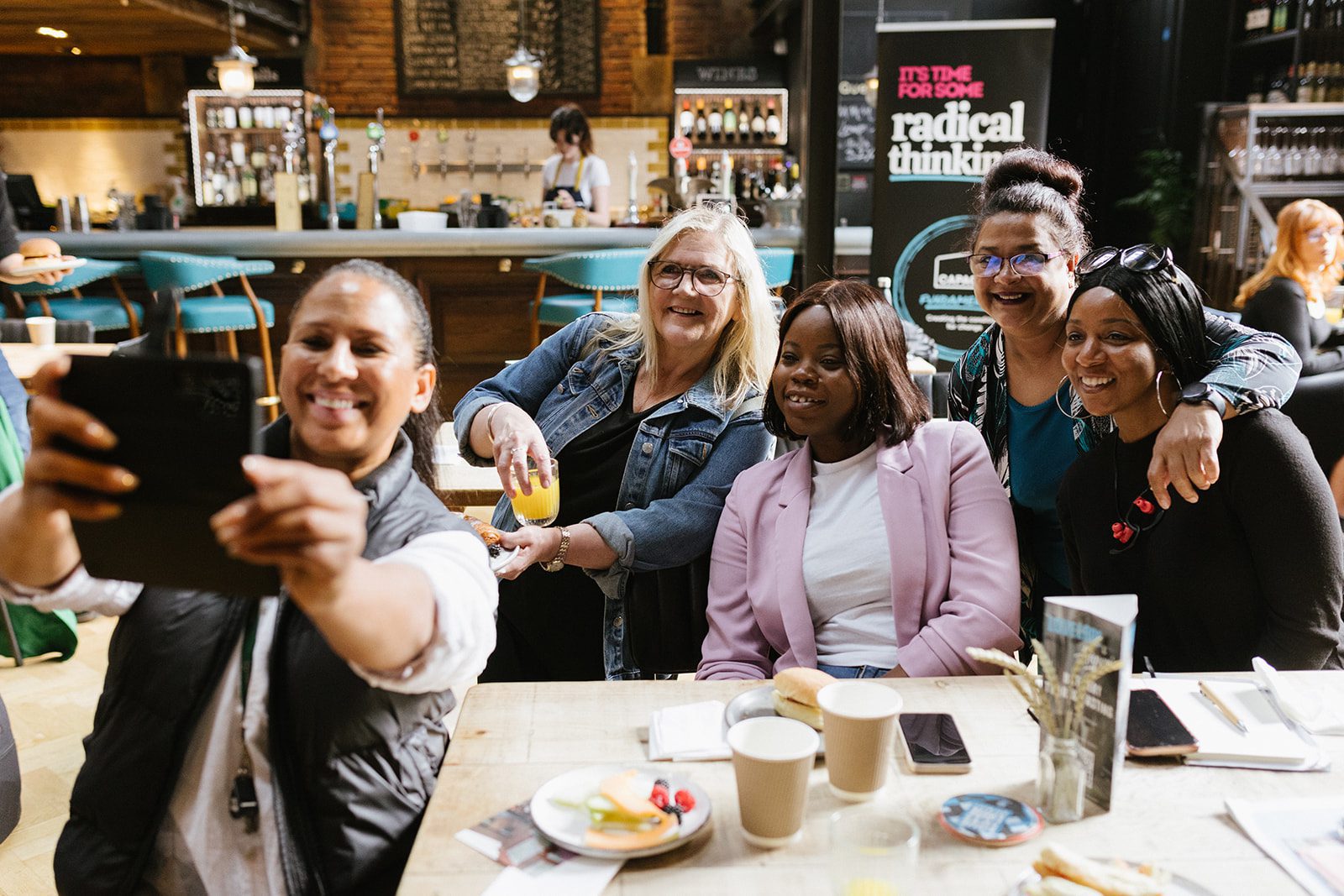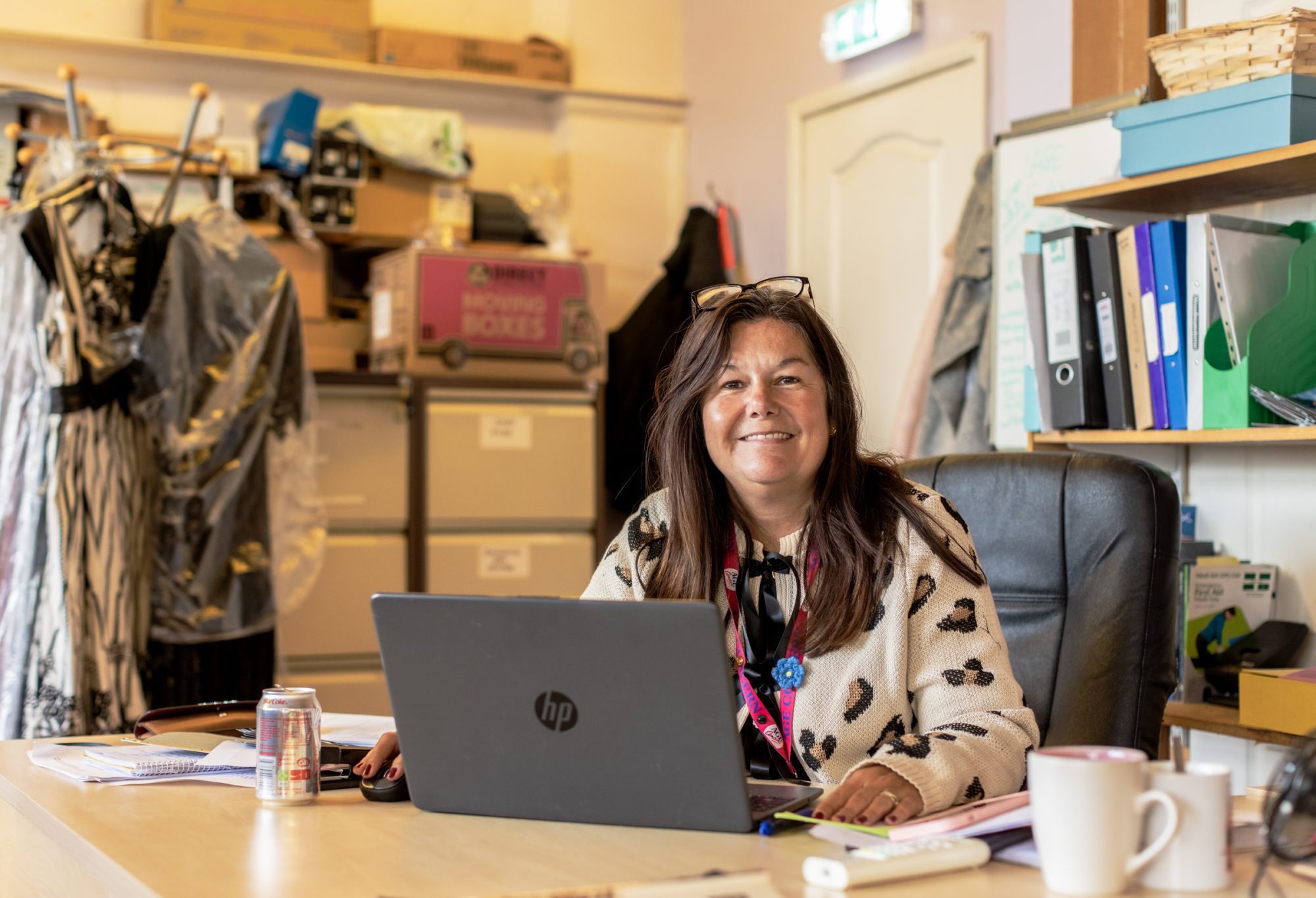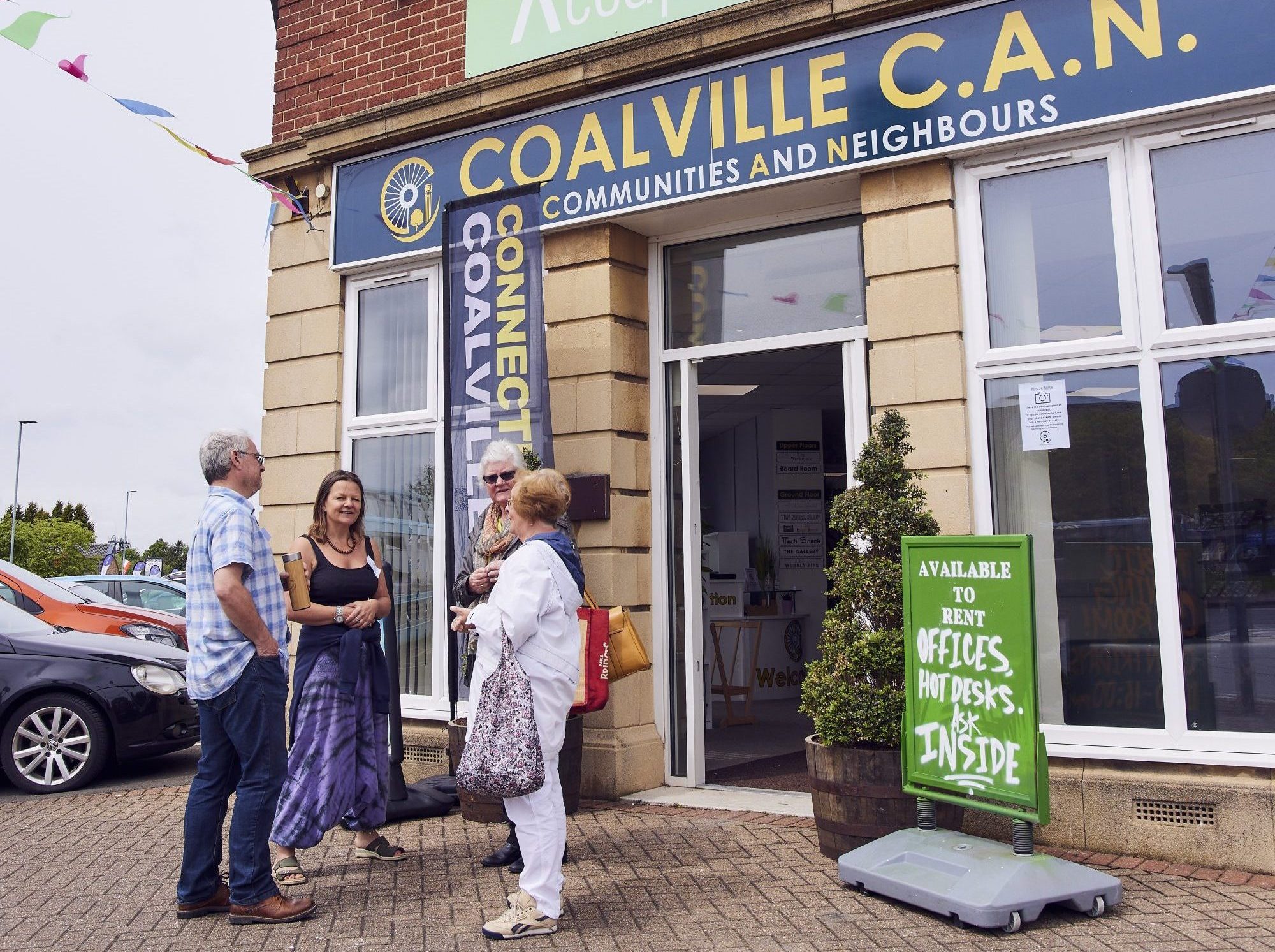
Natalie White
Practice and Innovation Manager
Last week I made the familiar journey from Bristol to Liverpool to join Kindred’s team and board for their strategy away day. Kindred is celebrating its fifth birthday this year (incidentally the same year we at Power to Change are celebrating our tenth) and I can’t quite believe how fast the years have passed since we were making this journey to meet with the combined authority and partners, spending the day surrounded by post it notes, attempting to turn a vision of over 150 socially trading organisations (STOs) into reality.
Kindred’s journey: from vision to regional movement
Thanks to the expertise and determination of STOs and partners, that co-development work was successful. Since its launch, Kindred has built a movement of over 1,500 STOs who are working together to make positive changes across the region.
It has deployed over £2.5 million of investment into STOs to drive social innovation and shape a kinder, fairer economy. Kindred has nurtured collaborating communities historically underserved social investment, such as the hugely impactful BlaST Network, and formed relationships with councils to foster hyper-local approaches to social economy growth, like the Street and a Half project in St Helen’s. Now, with partners, Kindred is building a £50million social investment pathfinder for the region, underpinned by values of collaboration and inclusivity that STOs articulated as so important back in 2019.

Various conditions and people have made Kindred’s success to date possible. Not least the dedicated and visionary social economy leaders within the region who had been working tirelessly to champion and develop the sector long before Power to Change entered the scene.
However, Kindred would also not have been possible without Liverpool City Region Combined Authority’s bold and continued support. Crucially it’s not just what the combined authority has invested, but also how they invested it. That ‘how’ being very much underpinned by a commitment to meaningfully partner with the sector and embed the social economy across regional economic strategy.
As Mayor Steve Rotheram said in 2019, “I want the Liverpool City Region to be the UK’s fairest and most inclusive local economy and social enterprise is at the heart of that”.
The lessons from our partnership with Liverpool City Region in developing Kindred, coupled with similar learnings from partnerships with combined authorities in the West Midlands and the North East, have informed our recent report ‘Lessons in Local Growth’.
Adapting local success: why one size doesn’t fit all
With a Labour government in power that has recognised that regions are vital to the national mission to kickstart economic growth, our report argues that strategic authorities (mayoral and non-mayoral combined authorities) must look to the social economy if they are to drive local growth that will raise living standards across communities.
Our experience backing community business and growing the sector over the past decade has taught us that community and social purpose business play a key role in building opportunity and prosperity in disadvantaged communities. Our experience has also taught us that strategic authorities can be instrumental in these businesses being able to thrive.
There is not, however, a one size fits all approach to developing the social economy at a regional level. Kindred is fantastic for Liverpool City Region, but a cookie cutter approach to recreating Kindred elsewhere wouldn’t work. There are specific conditions that enabled its realisation. There is, however, valuable learning to be drawn from Liverpool City Region that can be tailored and applied to the unique context of places wishing to support social economy growth.
That’s what our lessons are – they are guiding principles, challenges and best practice that set out to inspire strategic authorities as to how they can work together with their social economy to create inclusive local growth.
As the lessons in our report demonstrate, many strategic authorities are already recognising the role that the social economy plays but there are still many more opportunities that could be taken.
Local Growth Plans provide a tangible opportunity for regions to articulate their commitments to the social economy and recognise its vital role within local economic strategy. There are then a broad range of levers available to strategic authorities to pull to support its development. However, as the experience of Liverpool City Region demonstrates, building an approach and culture that enables strong, trusting and empowering partnerships with the sector will pave the way for the most innovative and impactful interventions.



